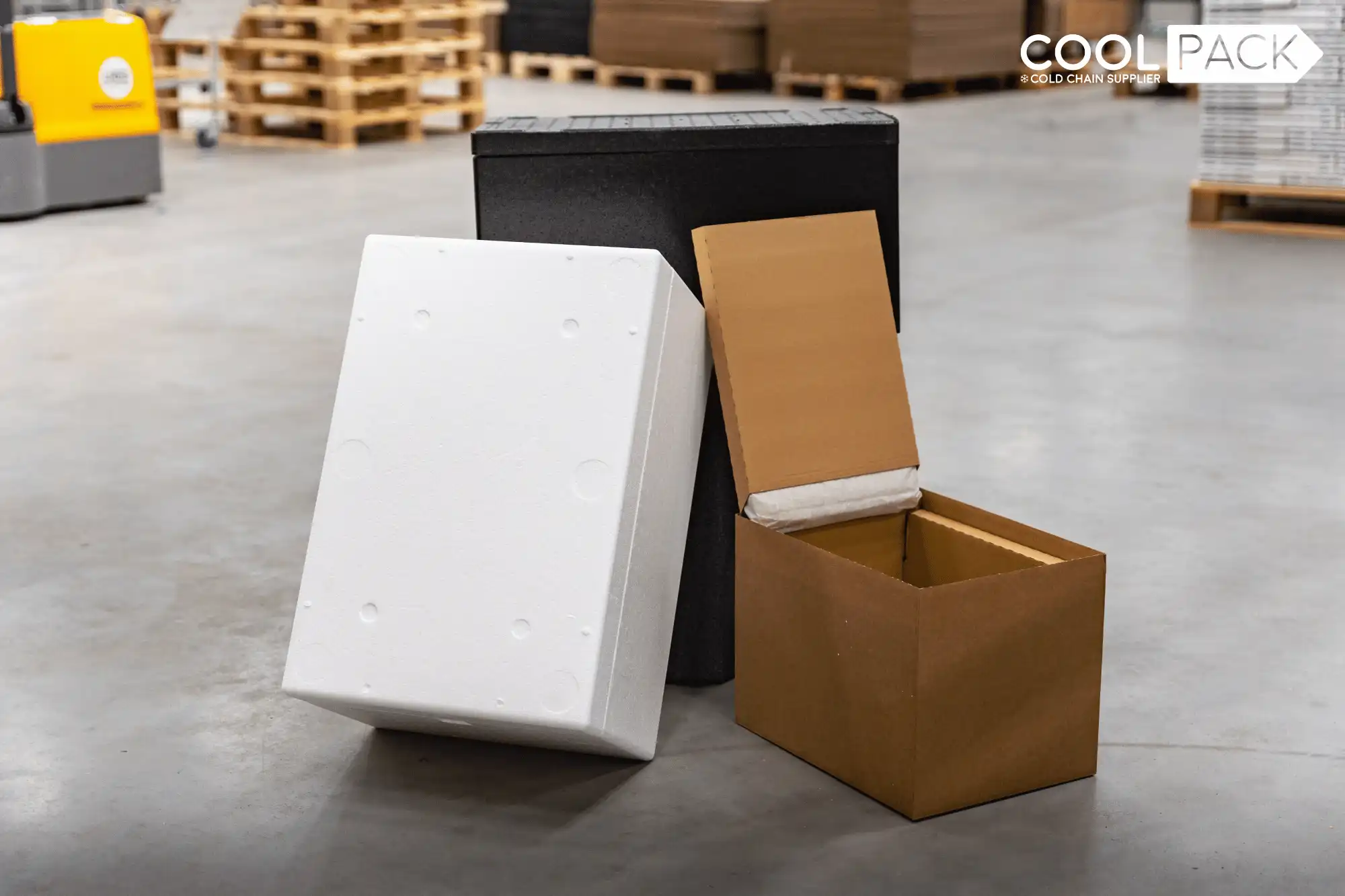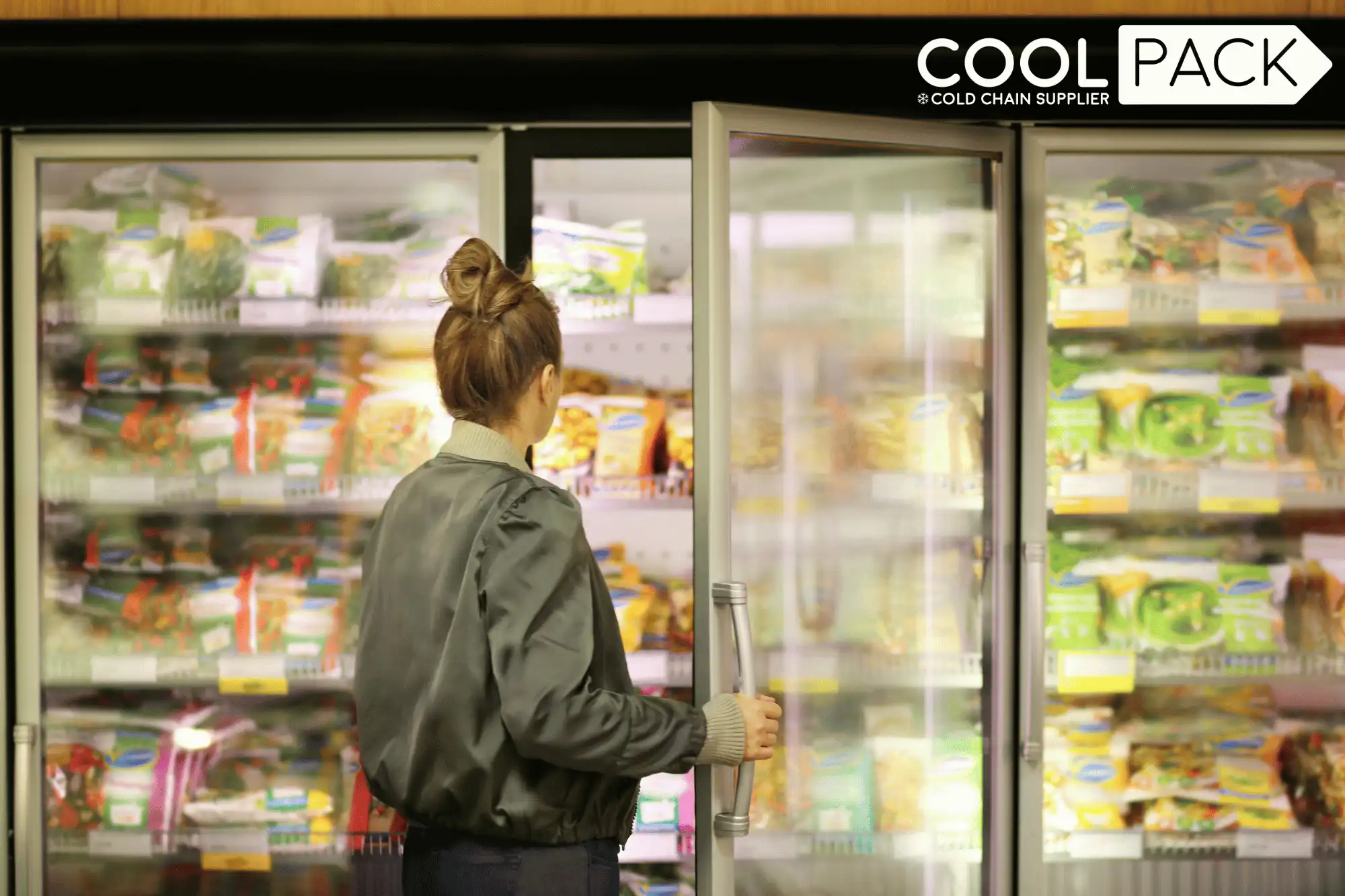Eco-conscious consumers in Europe are increasingly driving new trends in the frozen food market because they are looking for convenient and healthy options that are sustainable at the same time. This shift underscores the significant role played by sustainability in the choices consumers make and also how the frozen food industry is adapting to meet these demands.
Prioritising a lower environmental footprint
Eco-conscious consumers place a high value on products that minimise environmental impact. The frozen food sector has made significant strides in this area. If they are efficiently produced and transported, frozen foods can be more sustainable than fresh produce, because they have a longer shelf life and food waste is reduced. This collectively contributes to a lower overall environmental footprint.
Food preservation without chemical preservatives
Freezing food helps to preserve it naturally and thereby eliminates the need for chemical preservatives. Freezing not only keeps food fresh for longer periods of time, but also aligns with the preference of eco-conscious consumers for products without synthetic additives. By reducing the reliance on chemical preservatives, the frozen food industry helps to realise a cleaner and more sustainable food supply chain.
Bulk buying
One of the most compelling advantages of frozen foods is their extended shelf life compared to fresh produce. This characteristic allows consumers to buy in bulk without worrying about spoilage. This reduces the frequency of shopping trips and minimises food waste. The ability to store food for longer periods aligns perfectly with the eco-conscious goal of reducing overall food waste. Another advantage of choosing frozen food is the possibility to save time and costs, because the price per unit is sometimes lower when you buy in bulk.
Convenient and time-saving meal options
Frozen foods are particularly popular among consumers with a busy lifestyle looking for convenient meal options that do not compromise on quality or sustainability. . Frozen foods offer quick and easy solutions for meal preparation and cater to the needs of people who are short on time, but still wish to eat nutritious meals with respect for the planet.
Sustainably sourced ingredients
Eco-conscious consumers prefer their time-saving frozen meals to be made from sustainably sourced ingredients. The combination of convenience and sustainability makes frozen foods a preferred choice for many.
Plant-based options
The increasing popularity of plant-based diets has had a significant influence on trends in the frozen food market. Consumers are increasingly looking for frozen meals that are plant-based. These products not only cater to health-conscious consumers, but also appeal to those who are concerned about the environmental impact of their food choices.
Bio Label products
Products with a so-called organic label are becoming increasingly popular. These products reflect a commitment to transparency, quality and sustainability and ensure that consumers know exactly what they are eating. The demand for frozen foods with a bio label is a testament to the growing awareness and preference for healthier, more natural food options.
Innovations in frozen food technology
Manufacturers in the frozen food industry are continuously introducing innovative products to meet the evolving palates and preferences of eco-conscious consumers. These innovations include plant-based burgers, sustainable seafood and globally inspired, sustainable meal options that offer both variety and sustainability. This trend highlights the industry’s ability to adapt and respond to consumer demand for sustainable and diverse food choices.
Prospects
Eco-conscious consumers in Europe are driving new trends in the frozen food market with their preference for sustainable, convenient and healthy food choices. The frozen food industry has responded with innovative, sustainable and convenient products that cater to these preferences. As environmental awareness continues to grow, the frozen food market is poised to play a crucial role in promoting sustainable consumption and reducing food waste, ensuring a greener future for all.
Coolpack enhances sustainability across the cold chain logistics sector. We integrate advanced cooling solutions and eco-friendly packaging to ensure that perishable goods are efficiently and sustainably transported. Our commitment to sustainability is evidenced by our ISO 9001 and 14001 certifications and initiatives that prioritize environmental stewardship. By optimizing our products and processes, we not only meet the demands of eco-conscious consumers, but also set a benchmark in the industry for sustainable practices. By doing so, we contribute to a greener future in cold chain logistics.



